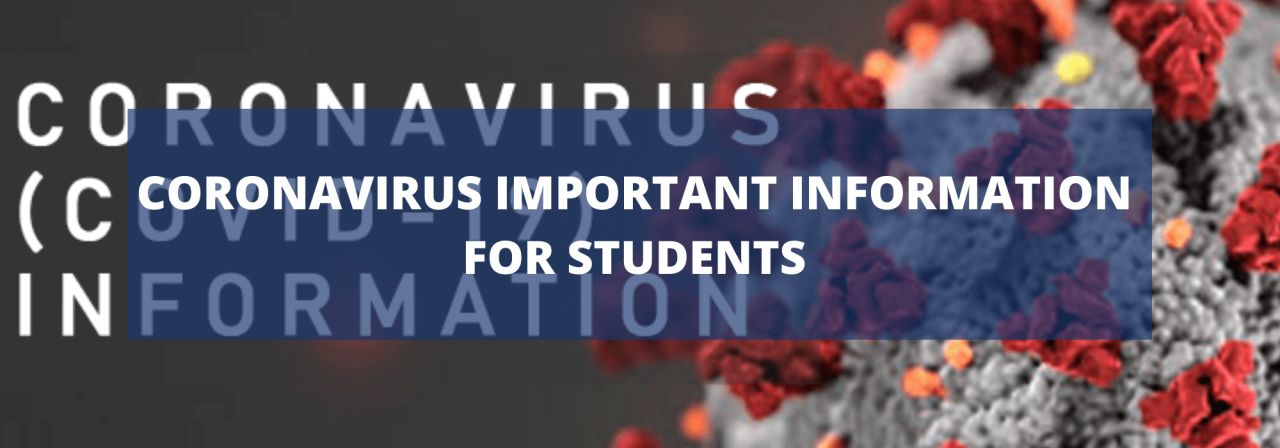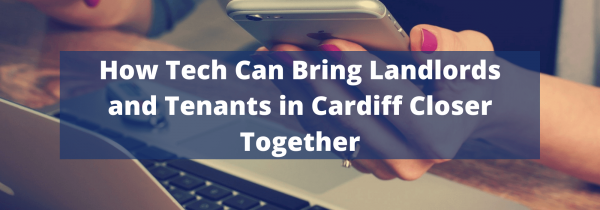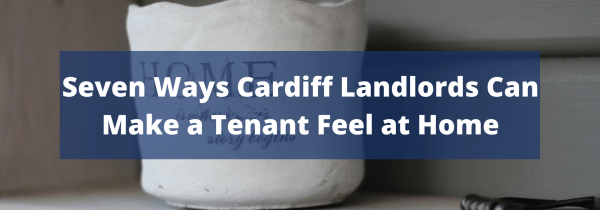Coronavirus Important Information for Students
Accommodation
Maintain social distancing by keeping 2 metres away from others who are not part of your “household bubble”.
Regularly clean shared spaces and disinfect frequently touched objects and surfaces. Keep shared spaces well ventilated by opening windows and doors where possible. Do not share towels, wash cloths, or toothbrushes.
Use separate cups, glasses, dishes and cutlery when eating and drinking and wash them after use using a dishwasher or warm water and washing up liquid. Plan ahead: Identify a self-isolation “buddy” who can check up on you regularly and bring supplies if you are ill.
If your flatmate/neighbours in halls are self-isolating, do check on them regularly. If you’re worried about them, seek help without delay. If life-threatening, call an ambulance.
Face Coverings
For everyone the best way to prevent coronavirus from spreading is through social distancing and good hygiene.
Face coverings can reduce the spread of coronavirus, and are a legal requirement in all indoor public places. Face coverings should fit you comfortably and securely and ideally include at least three layers of fabric.
Avoid wearing face coverings around your neck or forehead. Wash your hands before and after wearing. This will reduce any potential contamination. Face coverings should be cleaned regularly and disposed of properly. If you wear a face covering, social distancing and good hygiene must still be maintained.
General Hygiene
Stay 2 metres away from people outside of your household. Regularly wash your hands with soap and water for at least 20 seconds or use hand sanitiser when you leave and enter a building, after using the toilet, before and after you eat or handle food, and when you blow your nose, sneeze or cough.
Avoid touching your eyes, nose, and mouth with unwashed hands. Cover your mouth with a tissue when coughing or sneezing, or use the inside of your elbow if a tissue is not available. By doing this we can protect ourselves, friends and family, and NHS services and reduce the chance of a second wave.
How to look after your symptoms at home
Rest and drink plenty of fluids. Take paracetamol as prescribed on the packaging unless you have any underlying condition that prevents you from doing so. Cover the mouth with a tissue when coughing or sneezing, or use the inside of your elbow if a tissue is not available.
Put used tissues and cleaning materials in a separate bin bag for 72 hours before disposing of in normal household waste. Continue to wash your hands regularly with warm water and soap for at least 20 seconds or use hand sanitiser.
Self-isolation
If you have symptoms of coronavirus, have tested positive or have been told to self-isolate by the Test, Trace, Protect service:
Ensure you self-isolate for the appropriate period.
Avoid shared spaces such as kitchens, bathrooms and sitting areas as much as possible. Clean thoroughly after use. Self-isolation means staying at home. You must not leave your home even for food or essentials or have visitors to your home.
You must not go to university, attend social gatherings or work. By self-isolating, even if you don’t have symptoms, you are helping to reduce the spread of coronavirus and protecting others.
What to do if you think you might be unwell
Stay at home and visit www.111.wales.nhs.uk or call 119 if you develop any of the following symptoms of coronavirus:
A high temperature (fever)
A new continuous cough
A loss of smell or taste (anosmia)


 By
By 

 By
By 

Share this with
Email
Facebook
Messenger
Twitter
Pinterest
LinkedIn
Copy this link